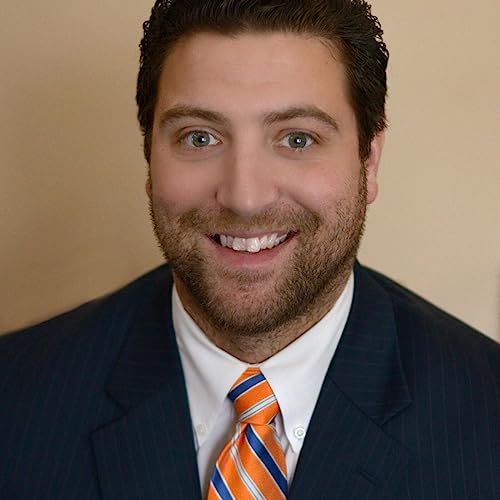Episode 37: Show Notes.
The pandemic has forced institutions across the board to change and adapt, and schools have moved at warped speed, into unknown territories, pushing harder and faster than many in and out the system thought was capable. Although the challenges that have come with this time have been undeniable, today’s guest, Dr. Yvonne Curtis believes the current moment also brings infinite opportunities for change and growth. In this episode, we learn more about her career, the school school district she leads, and current issues impacting her community.
Having worked in public education for 39 years, Yvonne now holds the position of superintendent at the South Lane School District in Oregon. When she started her career, she was the only Latina superintendent in the state, which has informed much of her thinking as a district leader. Despite her experience, Yvonne came with an open mind and heart to tackle some unique, context-specific problems. We hear about the way the district has managed the pandemic and the challenges outside of academics they face.
Despite the obstacles, Yvonne has remained positive, not only because of her hopeful nature but also because of her eager leadership team. She shares some of the systems they have built, how she hopes to empower them, and the importance of systems thinking. We also touch on her identity as a Latina and the impact it has had on her career along with the catharsis Yvonne has found in mentoring fellow Latina leaders. Yvonne understands that her job as a leader is to remember where the diamonds are so that when things get tough, she can remind them of all the good that already exists. To hear more from this kind, gracious leader, be sure to tune in today!
Key Points From This Episode:
- How Yvonne is staying positive during this time and why she sees it as a moment of growth.
- An overview of Yvonne’s school district, South Lane, and some of the challenges they face.
- The Guatemalan refugees who have come to South Lane and what Yvonne has learned.
- The importance of context — A lesson Yvonne has carried with her throughout her career.
- Why Yvonne needed to reframe the issue of academics, and its impact.
- Balancing leadership development and taking time for reflection with the need to move quickly.
- Creating a culture of learning and the emphasis placed on developing principles.
- How courage, power, knowledge, and expertise inform Yvonne’s understanding of leadership.
- Systems thinking takes the blame off the individual.
- Yvonne’s experience of being a Latina superintendent and how it has informed her work.
- The difficulties that marginalized groups sometimes have naming prejudiced actions against them.
- The support and encouragement Yvonne gained from mentoring young Latina leaders.
Exerpts:
“Context matters. No matter how much experience you have or how much you’ve learned, how much knowledge, when you come to a new area, you have to spend time listening to the people.” — @DrcurtisYvonne [0:10:36]
“I think there’s a real opportunity to undo school the way they were created, which sifts out students rather than creating a space for all students.” — @DrcurtisYvonne [0:17:41]
“I think that empowering them to become leaders that have a political will, that have confidence, that believe they can create new opportunities for kids, is the most important thing I can do for them.” — @DrcurtisYvonne [0:25:13]
“All that I have learned through my leadership career, I kind of feel has been preparing me for this particular moment.” —
 27 mins
27 mins Nov 8 202033 mins
Nov 8 202033 mins 29 mins
29 mins Oct 18 202027 mins
Oct 18 202027 mins Oct 11 202046 mins
Oct 11 202046 mins Oct 3 202027 mins
Oct 3 202027 mins Sep 12 202027 mins
Sep 12 202027 mins Sep 5 202025 mins
Sep 5 202025 mins